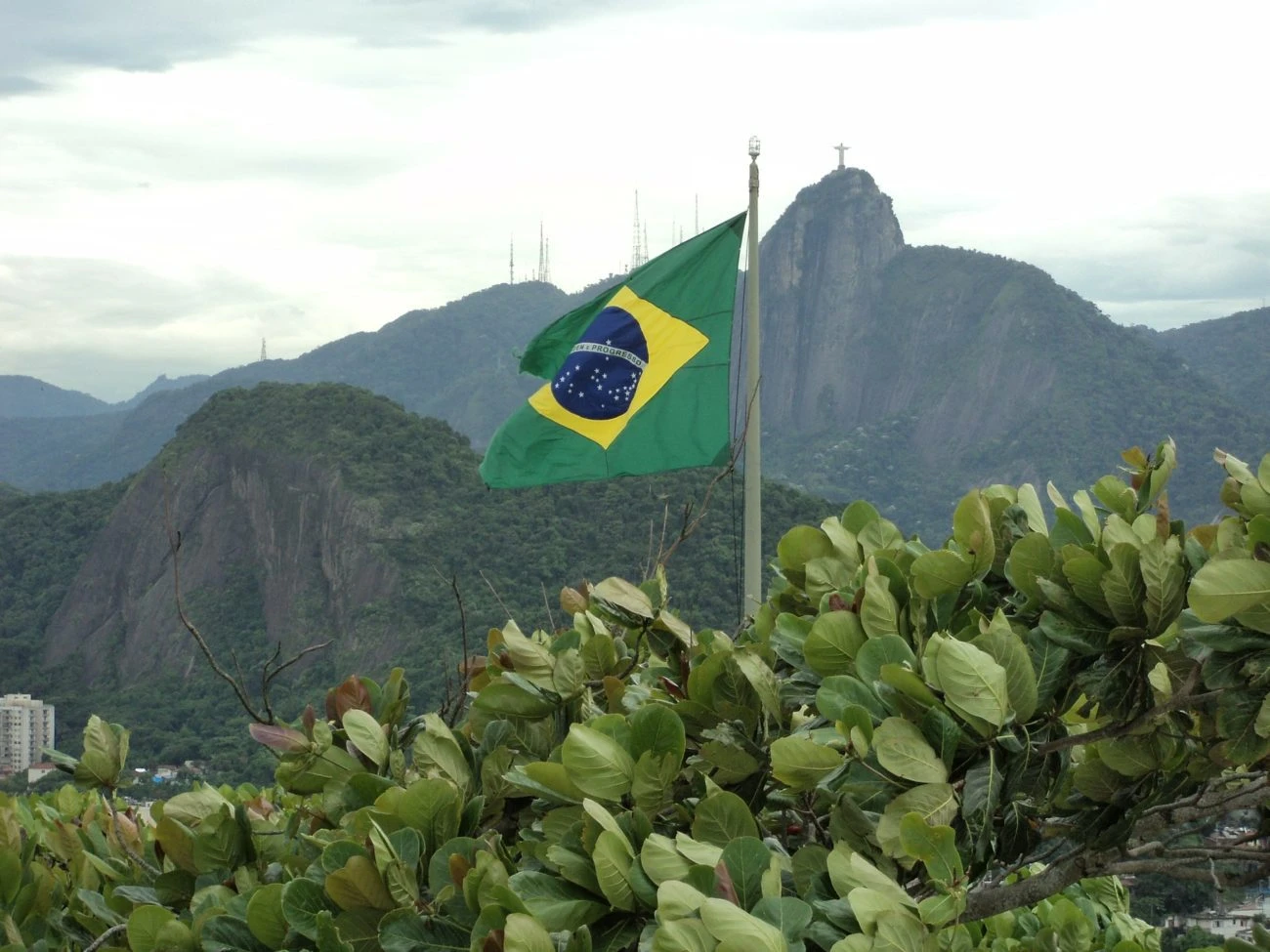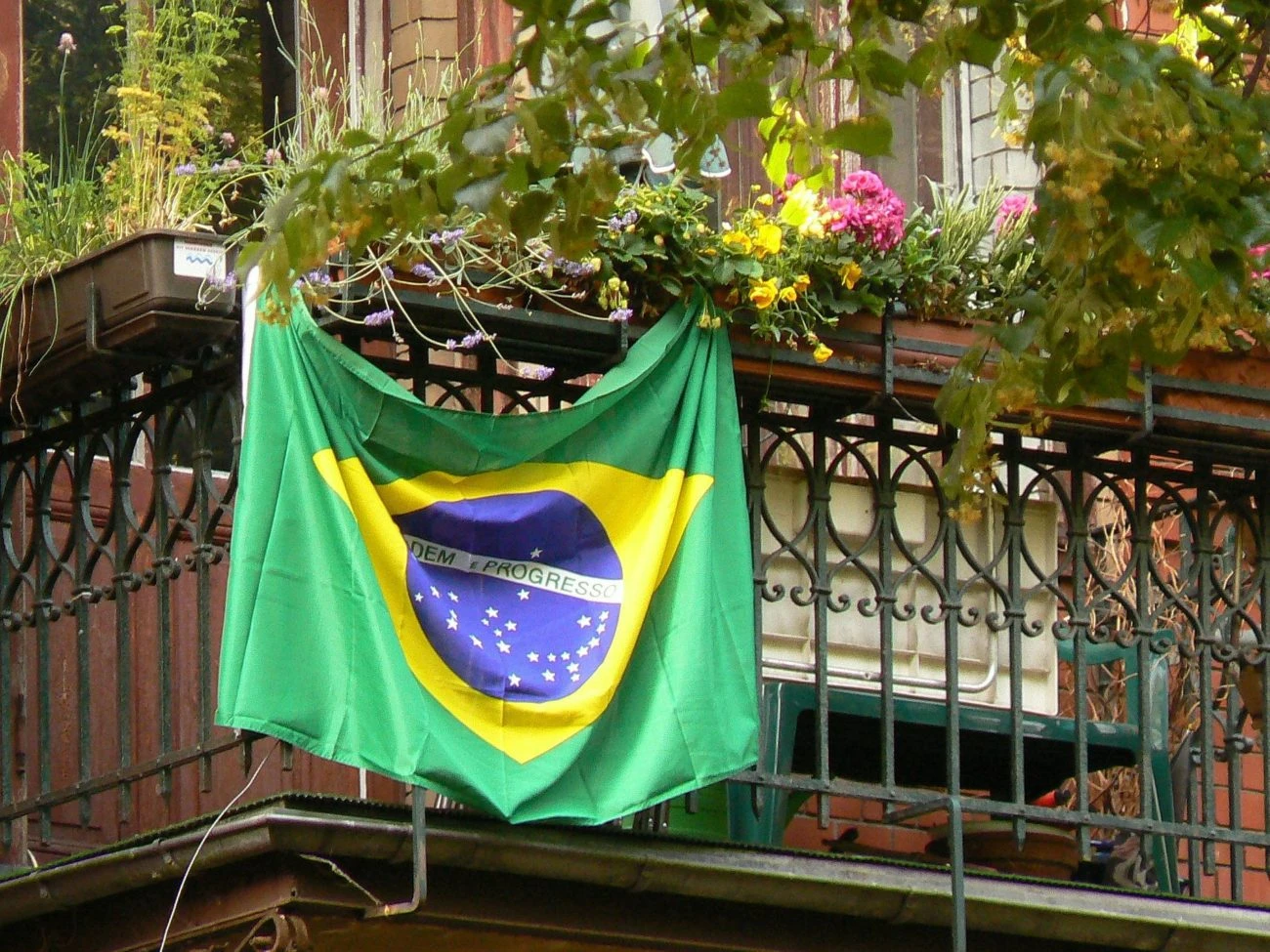Brazilian president approves regulatory framework for sports betting, igaming

Bill 3,626/2023 was signed into law by the head of state on 30 December.
President Lula’s approval came after Brazil’s chamber of deputies voted on 21 December to endorse the bill. Igaming was added back into the bill after previously being removed by the senate.
According to reports in Brazil, President Lula vetoed a proposed income tax exemption for customer earnings of under R$2,112 (£339/€394/US$425). Personal net winnings will be taxed at 15%.
Brazil regulation: Taxes
Operators will be taxed at 12% of gross gaming revenue, with the bulk of the total allocated to sports development. Taxation recommendations were submitted by the Economic Affairs Commission on 22 November.
Fixed-odds bets will be allowed under the new law, with the country’s ministry of finance responsible for regulating operators.
Five-year licences will be awarded, with companies paying R$30m for up to three brands – two fewer than previously expected.
Brazil regulation requirements
Operators must offer customers self-exclusion windows that range from 24 hours to six weeks. They must also have a Brazilian board member who will hold at least 20% of the company’s share capital.
Companies must also verify the identities of bettors – all of whom must be over 18 years old – through facial recognition technology.
Brazil’s regulation – what are the next steps?
The next steps will include the ministry of finance publishing regulatory guidelines for operators.
In total, more than 130 businesses are reportedly interested in applying for licences.
Neil Montgomery, founder and managing partner of Brazilian law firm Montgomery & Associados, explains what we’re going to see.
“Given the need for the Ministry of Finance to issue a number of administrative norms (called Portarias, in Portuguese) further regulating the different topics covered by the Bill of Law, with the same also being put to public consultation before they become effective. It is more likely that Brazil will see a regulated market operating in the second half of 2024.” He says.
This should give sufficient time for operators that have not yet established themselves in Brazil to set up their own structures (and select their Brazilian partners if required) to do so.
“They will be required to file their applications for a federal licence (with those having submitted their expressions of interest to the Ministry of Finance under Portaria No. 1,330/23 purportedly to benefit from a faster review of their applications).
“They will also need to satisfy all other legal and regulatory requirements (such as paying the expensive BRL30 million license fee and hiring the necessary members of staff for the key positions laid down by the new legislation).” He finished.
Inclusion of igaming after initial removal “only natural”
The incorporation of igaming into Bill 3,626/2023 came after it was previously removed by the senate.
Commenting, Hugo Baungartner, vice-president for global markets at Brazilian casino operator Aposta Ganha, said: “This was an absolute victory for the whole industry. That was something that we were fighting for, over at least 15 years.
“That was the first step for Brazil. The other verticals and markets will come with time and conscience. We now expect the first technical meeting on 10 January.”
Senator Carlos Portinho’s amendment excluding igaming initially passed with 37 votes in favour and 27 against. Despite this, the chamber of deputies retained the authority to overturn that decision. It utilised its power to do exactly that.
Neil Montgomery feels the financial benefits of igaming meant its inclusion in the bill was inevitable, stating: “It was only natural that igaming be re-included into the bill.
“To the extent that most of the revenues for operators come from igaming rather than from fixed-odds sports betting and the federal government wanted to collect as much tax as possible.”
Hugo Baungartner agrees that the financial allure of including igaming has outweighed the largely evangelical opposition.
“The government knew that igaming was crucial for their 2024 budget,” Baungartner said. “I could say that was a master play from them.
“They [the opponents to igaming’s inclusion] always existed and will exist. However, they have to understand that the gambling business is a reality in Brazil.
“They were, are and will be against gambling forever. Every time that an attempt was made, they made big noise, including an association to work in the contrary.”
Predictions for the first year
When asked for his predictions for the first year, Montgomery also had plenty to speak about on the subject. The market’s regulation has certainly been a long time coming.
“As a Brazilian gaming lawyer for nearly two decades, this is the moment I have been waiting for all this time (and was betting my chips on). I expect there to be an avalanche of foreign direct investment (and also M&A and joint venture activity) and so a bounty of legal work to do.
Indeed, the presence of operators now on Brazilian home soil (which is a first for local betting customers), will certainly mean plenty of activity from a legal standpoint.
“With the establishment (finally) of foreign operators in Brazil, there could also be an initial wave of litigation by disgruntled customers. They will now have a door to knock on in Brazil, it was previously very difficult to sue them here.
“If all this does indeed happen, you will certainly see a larger Montgomery by the end of the first year!”


